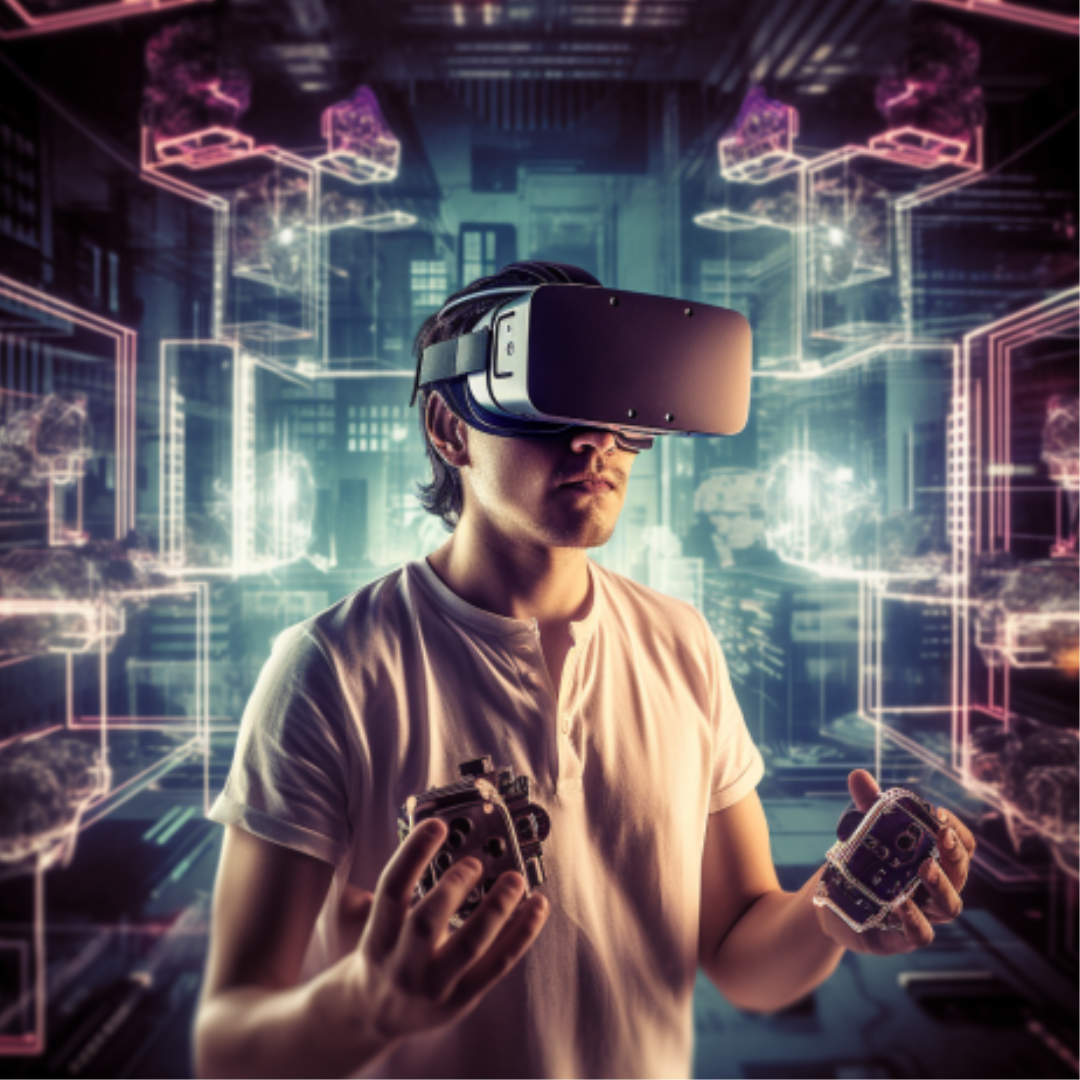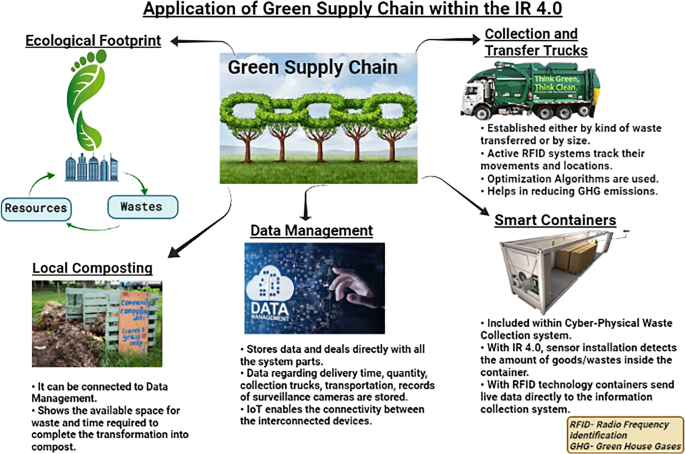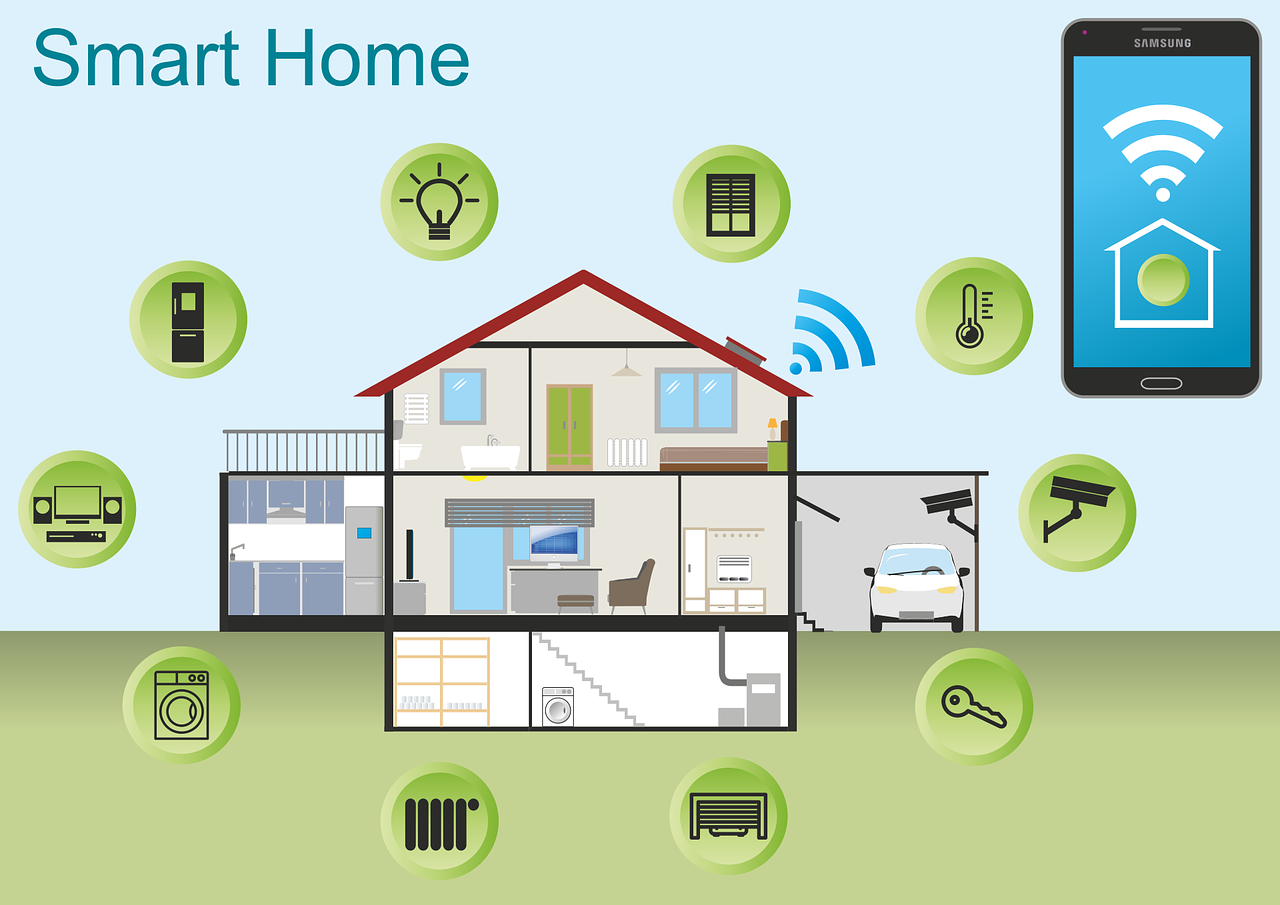The new frontier of virtual and augmented reality (VR/AR) has opened up exciting possibilities for various industries, from gaming and entertainment to education and healthcare. As technology continues to advance, the potential applications of VR/AR are expanding rapidly, offering immersive experiences and transforming the way we interact with digital content. In this blog post, we will delve into the world of VR/AR, exploring its benefits, current applications, and future potential.
Benefits of Virtual and Augmented Reality
Virtual and augmented reality offer several unique benefits that set them apart from traditional mediums. Firstly, VR/AR provides an immersive experience, allowing users to step into a virtual world or overlay digital content onto the real world. This immersion enhances engagement, making it a powerful tool for entertainment, education, and training.
Moreover, VR/AR can bridge geographical barriers, bringing people together in shared virtual spaces. This capability has significant implications for remote collaboration, teleconferencing, and virtual events, enabling seamless communication and interaction regardless of physical distance.
Current Applications of VR/AR
The gaming industry has been one of the pioneers in adopting VR/AR technology. With VR headsets and accessories, gamers can enter lifelike virtual environments and interact with digital objects, creating an unparalleled level of immersion. Additionally, AR-based mobile games, such as Pokémon Go, have gained widespread popularity by blending virtual elements with the real world.
Beyond gaming, VR/AR has found applications in training and simulation programs. For instance, medical students can practice surgeries in virtual operating rooms, allowing for a risk-free learning environment. Similarly, pilots can train in virtual cockpits to simulate various scenarios without the need for costly and potentially risky live training exercises.
The potential of VR/AR extends to industries such as architecture and real estate. With VR, architects can offer virtual tours of unbuilt structures, helping clients visualize their designs. Real estate agents can also showcase properties virtually, allowing potential buyers to explore homes remotely, saving time and effort.
Future Potential of VR/AR
As technology continues to advance, the future potential of VR/AR is staggering. One exciting possibility is the integration of VR/AR with artificial intelligence (AI) and the Internet of Things (IoT). By combining these technologies, we can create intelligent virtual environments where digital objects can interact and respond to users’ behaviors and commands.
Education is another field that stands to benefit greatly from VR/AR advancements. Virtual classrooms equipped with interactive virtual objects could revolutionize the learning experience, making education more engaging and accessible to students worldwide.
Furthermore, VR/AR could transform the way we shop and experience retail. With virtual try-on capabilities, consumers can explore products virtually, test how they look and fit, and make informed purchasing decisions from the comfort of their homes. This could revolutionize the e-commerce industry and disrupt traditional brick-and-mortar retail.
Conclusion
Virtual and augmented reality are opening up new frontiers, transforming industries and unlocking exciting possibilities. With their immersive nature, VR/AR technology offers unique experiences that enhance engagement and interaction. From gaming and entertainment to education and training, the applications of VR/AR are diverse and expanding rapidly. As technology continues to advance, the future potential of VR/AR looks extremely promising, with possibilities for intelligent virtual environments, enhanced education, and immersive retail experiences. Embracing this new frontier of technology will undoubtedly shape the way we live, work, and play in the years to come.
Keywords: virtual reality, augmented reality, VR/AR technology, immersive experiences, gaming, entertainment, education, training, remote collaboration, teleconferencing, virtual events, architecture, real estate, AI, IoT, future potential, education, e-commerce, retail.











